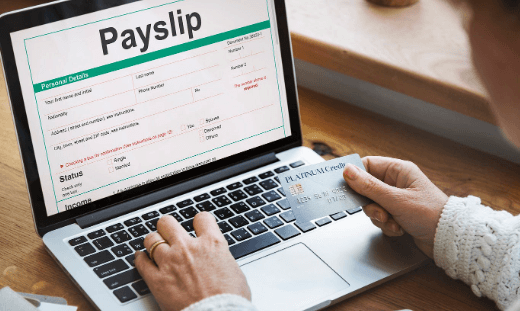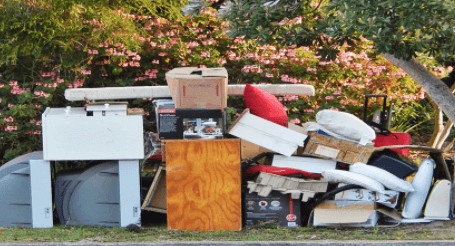How Can a Hospitality Scheduling Solution Improve Guest Experiences?

The global hospitality industry has evolved significantly, driven by new technological advancements and the growing expectations of today’s sophisticated travellers. More than ever, service excellence has become a critical differentiator that can make or break a hotel’s reputation. Implementing advanced hospitality rostering software is one area with substantial potential for enhancing guest experiences. These systems can improve operational efficiency, enhance staff productivity, and lead to superior guest experiences.
Table of Contents
The Paradigm of Modern Hospitality Management
In a hyper-competitive marketplace, ensuring a memorable and seamless guest experience has become a non-negotiable demand for hospitality providers. However, this task is not always straightforward. With various departments to manage, countless tasks to coordinate, and diverse customer preferences to cater to, hospitality professionals face several challenges on a day-to-day basis.
Enter modern hospitality scheduling solutions – advanced systems that integrate into the hotel’s operational processes to streamline task allocation, improve workforce management, and optimize service delivery.
The Mechanics of Hospitality Scheduling Solutions
Hospitality scheduling solutions harness artificial intelligence (AI) and machine learning (ML) to automate and optimize staff scheduling, factoring in variables like staff availability, expertise, workload, and labour laws. These systems alleviate administrative burdens, reduce human errors, and contribute to efficient workforce management.
Task Allocation
One crucial feature of these solutions is intelligent task allocation. With a scheduling solution, managers can easily assign tasks based on employees’ skills, shift preferences, and workload. As a result, each staff member can focus on what they do best, enhancing the quality of service delivered to guests.
Predictive Scheduling
Furthermore, hospitality scheduling solutions provide predictive scheduling capabilities. They can forecast staffing needs based on historical data, upcoming events, and real-time updates. This predictive analysis ensures optimal staffing during peak times, reducing waiting times and enhancing the guest experience.
Compliance Tracking
Moreover, these systems can track labour laws and regulations to prevent compliance issues. They automatically monitor working hours, rest periods, and overtime, helping hotels avoid legal complications and maintain a happy and healthy workforce.
The Impact on Guest Experiences
Enhancing Service Efficiency
By integrating a hospitality scheduling solution, hotels can significantly enhance service efficiency. Having the right staff in the right place at the right time ensures a seamless and efficient operation. This translates into faster check-ins, prompt room service, efficient housekeeping, and swift problem resolution, all contributing to a better guest experience.
Personalizing Guest Experiences
Through advanced analytics and reporting features, these solutions provide insights into staff performance and guest preferences, empowering managers to make data-driven decisions. This can help personalise guest experiences – a critical aspect of modern hospitality.
Ensuring Consistent Service Delivery
A well-planned schedule results in a well-organized team. Staff members perform better when they are well-rested and aren’t burdened with excessive workload. This results in consistent, high-quality service that leaves a positive impression on guests.
Implementation Best Practices
Introducing a hospitality scheduling solution isn’t merely about technology deployment – it requires strategic planning and management commitment. Here are some best practices to consider:
- Choose the Right Solution: The market offers many hospitality scheduling solutions, each with unique features. Choosing a system that aligns with your hotel’s specific needs and operational dynamics is crucial.
- Involve Key Stakeholders: All top management and frontline staff should be involved in the implementation process. This will foster ownership and ensure smooth adoption.
- Provide Adequate Training: While most scheduling solutions are user-friendly, they might require some training to be used effectively. Ensure your staff is well-trained and comfortable using the new system.
- Regularly Review and Update: Hospitality scheduling solutions are designed to adapt and evolve. Regularly review and update the system to make the most of its capabilities.
Conclusion
The advent of hospitality rostering software marks a significant leap toward the future of guest experience management. When implemented effectively, these systems can transform hotels’ operations, resulting in exceptional guest experiences. By adopting these technologies, hospitality providers can achieve operational excellence, elevate staff performance, and consistently exceed guest expectations – setting a new standard for service delivery in the hospitality industry.
Author Name: Junaid Akbar




